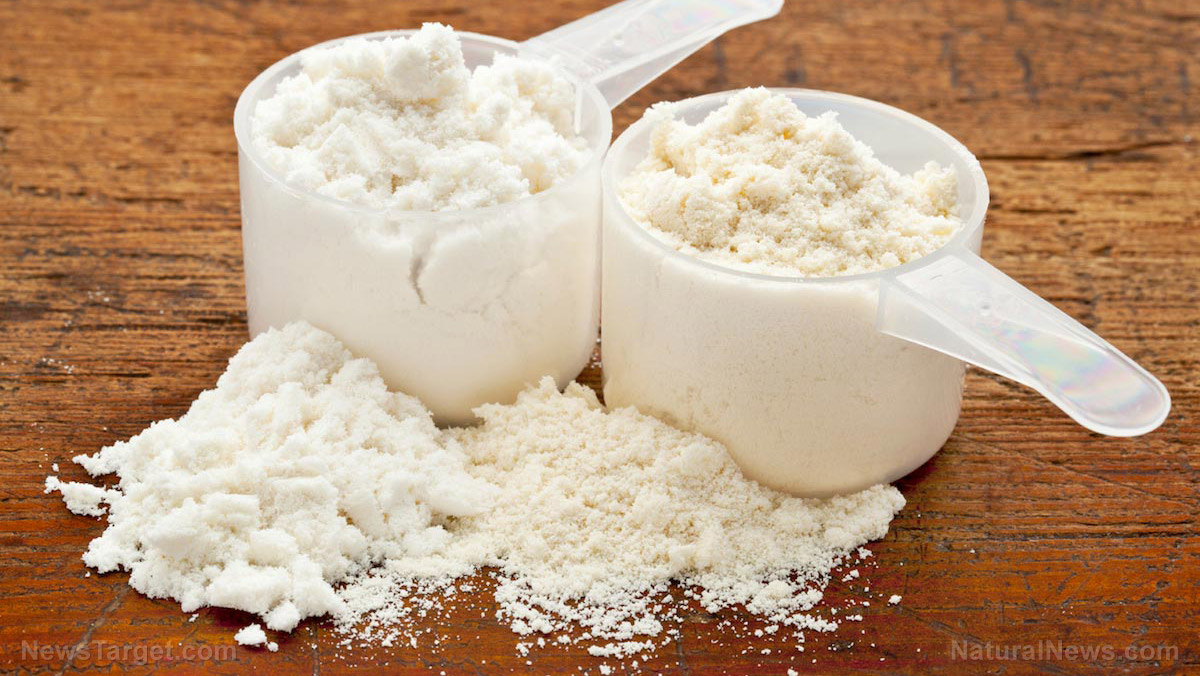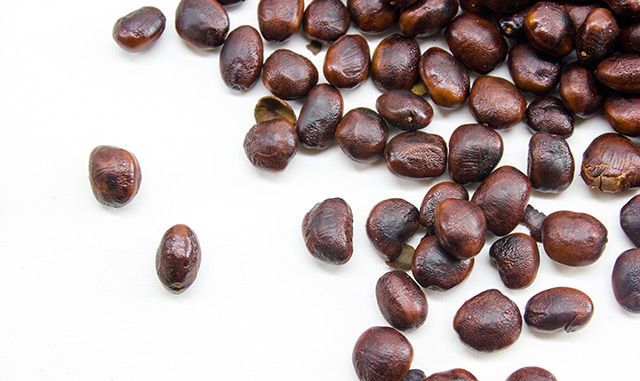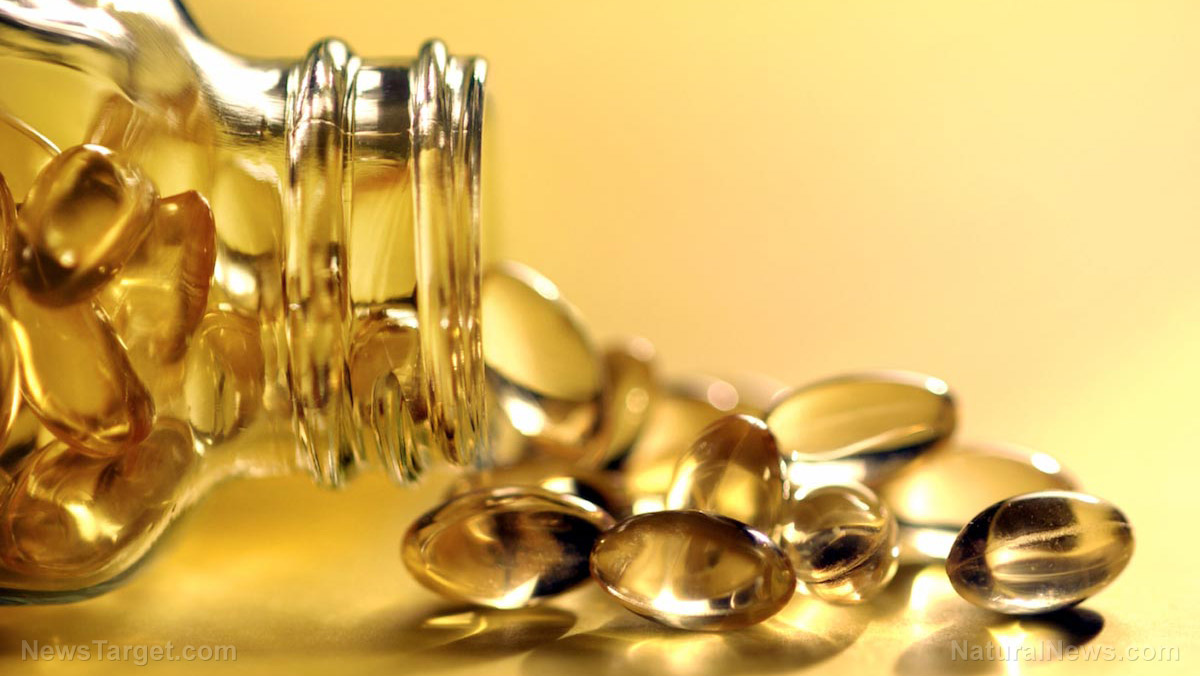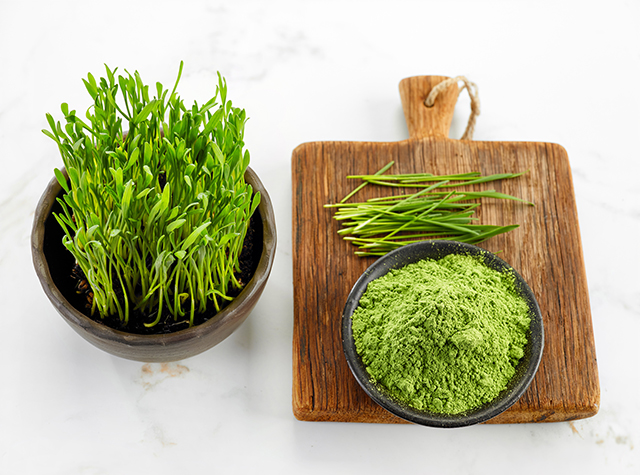Taking whey supplements after breakfast can boost amino acid absorption
04/02/2019 / By Michelle Simmons

You can maximize the benefits of your supplements by taking them at the right time. In a study published in the journal Nutrition Research, it was revealed that consuming whey protein after breakfast can speed up the absorption of amino acids.
Typically, amino acids from meals are absorbed two hours after eating a meal. However, amino acids from easily digestible whey protein appear in the blood within 15 minutes and peak at one hour after a meal. Because of this, researchers from Purdue University and The University of Texas Medical Branch hypothesized that consuming whey protein two hours after a low-protein breakfast would result in increased absorption of essential amino acid.
To test their hypothesis, the researchers recruited 12 overweight men and women whom they asked to eat a breakfast containing 10 grams (g) of protein, 30 g of protein, or 10 g of protein followed by 20 g of whey protein isolate two hours later.
Based on the results of the study, the researchers found that eating an easily digestible whey protein snack two hours after a slowly digested, low-protein breakfast can increase the essential amino acid concentration in the blood that is similar to what eating a single high-protein breakfast can provide. From these findings, the researchers concluded that taking whey supplements two hours after a lower protein breakfast restores essential amino acid availability that is similar to a higher protein breakfast in overweight adults. (Related: Taking whey protein 30 minutes before one’s largest meal improves the blood pressure of overweight or obese men.)
Improving your protein absorption
Protein is needed for repairing damage in the body and for promoting proper growth and development. However, the body needs to absorb protein first before it can be used. It has to be broken down during digestion. But what helps the body absorb protein?
Substances that break down protein: The protein from the food you eat is broken down in the stomach into chains of amino acids called peptides by enzymes called pepsins, which account for up to 15 percent of the digestive process for proteins. For this to happen, you need to have enough amounts of stomach acid to maintain a pH of between 1.8 and 3.5. The rest of the protein breakdown happens in the small intestine where proteases, which are enzymes from the pancreas, break the peptides down into individual amino acids that are then absorbed.
Total amount of protein: The amount of protein absorbed by the body will depend on the total amount of protein you consumed. Eating too much protein for muscle building is not really helpful as any extra will just be used for energy or stored as fat. This is because the body can only use up to 0.9 g of protein for every pound of body weight for building muscles.
Spreading your protein intake throughout the day: Spreading out your protein intake throughout the day will help you absorb more protein because the body can only absorb one to 10 g of protein every hour.
Low-protein intake after exercise: Eating a protein-rich meal right after your workout will not improve your protein absorption. Protein digestion and absorption are impaired during the recovery phase after an intense exercise because of minimal amounts of damage in the small intestine during the workout, according to a study published in the American Journal of Physiology-Regulatory, Integrative and Comparative Physiology. Experts recommend eating only 10 to 20 g of protein together with 0.5 to 0.7 g of carbs for each pound of body weight after exercise to help restore glycogen and repair any damaged muscles.
Read more news stories and studies on improving nutrient absorption by going to Nutrients.news.
Sources include:
Tagged Under:



















